+Joca
12 de abril de 2022
Indigenous Person, Beauty Queen, Teacher, and Influencer
Article published in Joca 185
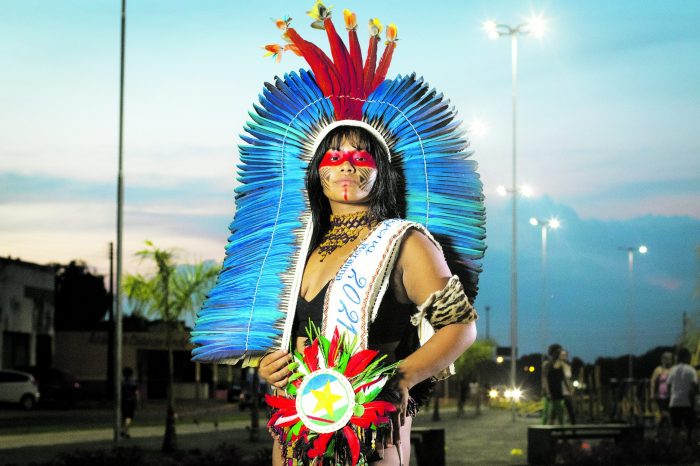
In 2016, Mari Williams, of the Wapishana ethnicity, left her community to study and came into contact, for the first time, with white people. Today, at the age of 19, the young woman is the first “Miss Indigenous Person of Roraima”, a digital influencer on social networks, and a teacher in an isolated community called Serra do Sol.
Using content that varies between humor, protest, fun facts, and motivational thoughts, Mari fights for indigenous rights. In an interview with junior reporter Isabel C., age 10, from Colégio Santa Clara, in São Paulo (São Paulo state), she reveals that, despite the challenges, openly declaring love for her own culture, people and identity is what fills her with pride.
How and why did you decide to join a beauty pageant?
I had never seen women like me in beauty pageants. When it was announced that the first “Miss Indigenous Person” pageant would be held and that no particular standard of beauty was required, I became interested. I have always wanted to represent my people in some way. We, women, are diverse, we don’t follow a pattern.
What do people say when they see you in indigenous attire on the street?
Generally, people laugh and say unnecessary things. Others get nervous or scared. But some also compliment, are curious, want to get a picture… One of the most bizarre things they did to me was in a place where I was taking a picture. A group began clapping their hands over their mouths, imitating an erroneous indigenous stereotype.
What is the biggest challenge for an indigenous person in Brazil today?
In Brazil as a whole, I don’t know, but I can tell you how I feel. People think that we are funded by FUNAI [National Indigenous Foundation]which is not true. People think that everything we have achieved was given to us by FUNAI. There is much talk about integrating indigenous people into society, but when that happens, they themselves are the ones who close the door. Then there’s the issue of prejudice, non-acceptance, the jokes that are made…
What are the biggest social challenges that you, as a village, face?
I think that, throughout Brazil, education is not as valued as it should be. The public system tends to be precarious, but in indigenous communities it is even worse. There’s the broken chair that only lasts through four hours of class; when it rains, the classroom floods, and the kids get all wet. Apart from that there are the kids who take three to four days to walk from home to school and spend the week there. But this is not true in all communities, some are already a little more developed. In addition, there is a shortage of medication, and we do not have health service of good quality. There is also the issue of family farming. Some communities are in hard to access areas, where land is infertile, hunting is scarce, and because it is a region with many waterfalls, fish do not go up stream [for fishing].
What do you think your people need?
We need more representatives in politics. We have an indigenous federal representative here in my state [Roraima], Joênia Wapichana, who defends our rights. She is against many of the bills that we also oppose and always takes a stand. We need more representatives to guarantee our rights, which are provided for in the Constitution. Because what we have today are people who are interested in what is on our land, they are after natural resources. They want the land that we take care of, that we protect.
What makes you the happiest? To be a pageant contestant, a teacher, or a digital influencer?
What gives me the most pleasure is being Mari, because she is all of those. As a teacher, I also influence my students. Just imagine what it’s like for those girls to see an indigenous woman who is like them teaching! I love my culture, my people, my identity, and I always get emotional when I talk about it. For years, especially when I was in high school, people used my identity as a way to put me down. But I am so grateful for the parents I have had. My father would always say: “My daughter, never forget who you are, where you come from, and never be ashamed of your origins. Because you can dye your hair, you can do whatever you want with your body, but you will never stop being an indigenous person, because it’s in your blood.”
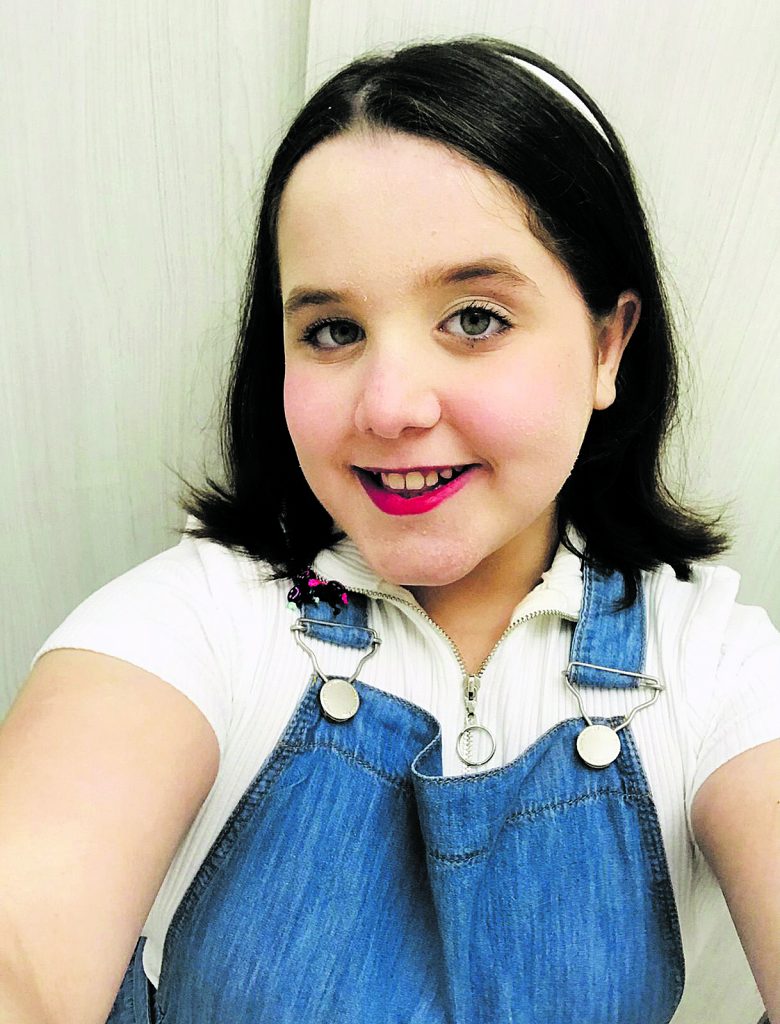
Ixi! Você bateu no paywall!
Ainda não é assinante? Assine agora e tenha acesso ilimitado ao conteúdo do Joca.

Assinante? Faça Login
Voltar para a homeOu faça sua assinatura e tenha acesso a todo o conteúdo do Joca
AssineComentários (1)
-

bibosasco
3 anos atrás
Excellent report! Thank you <3
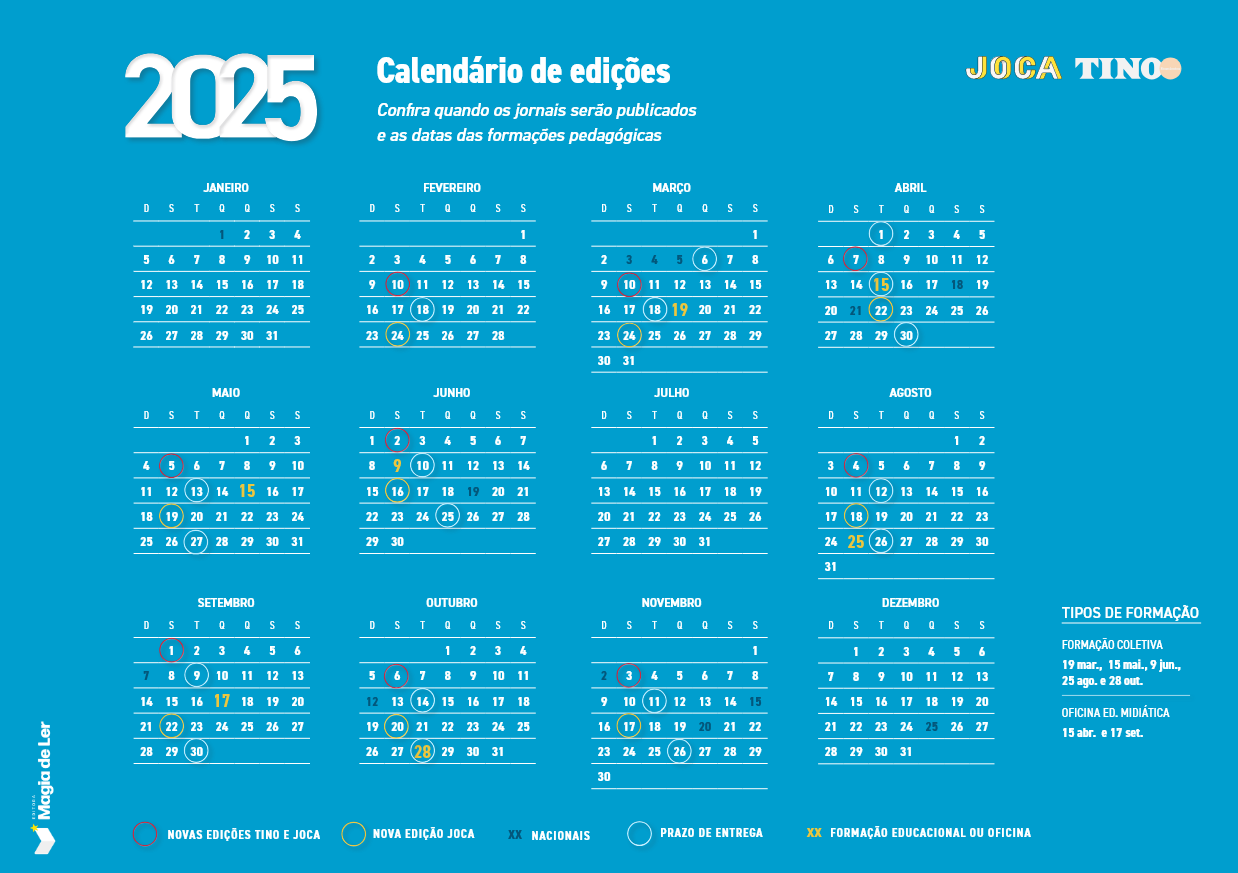




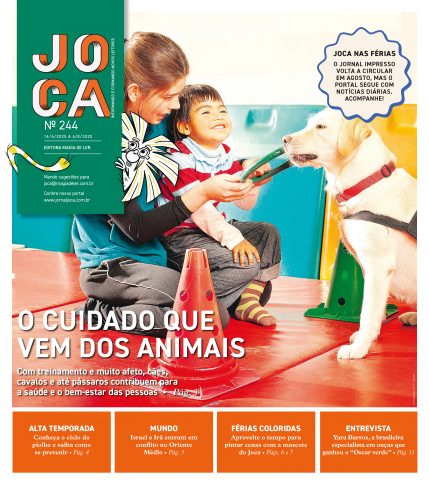

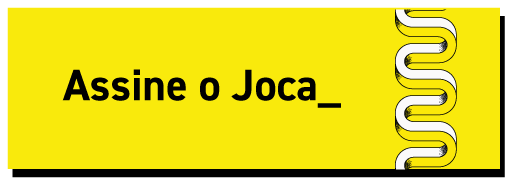
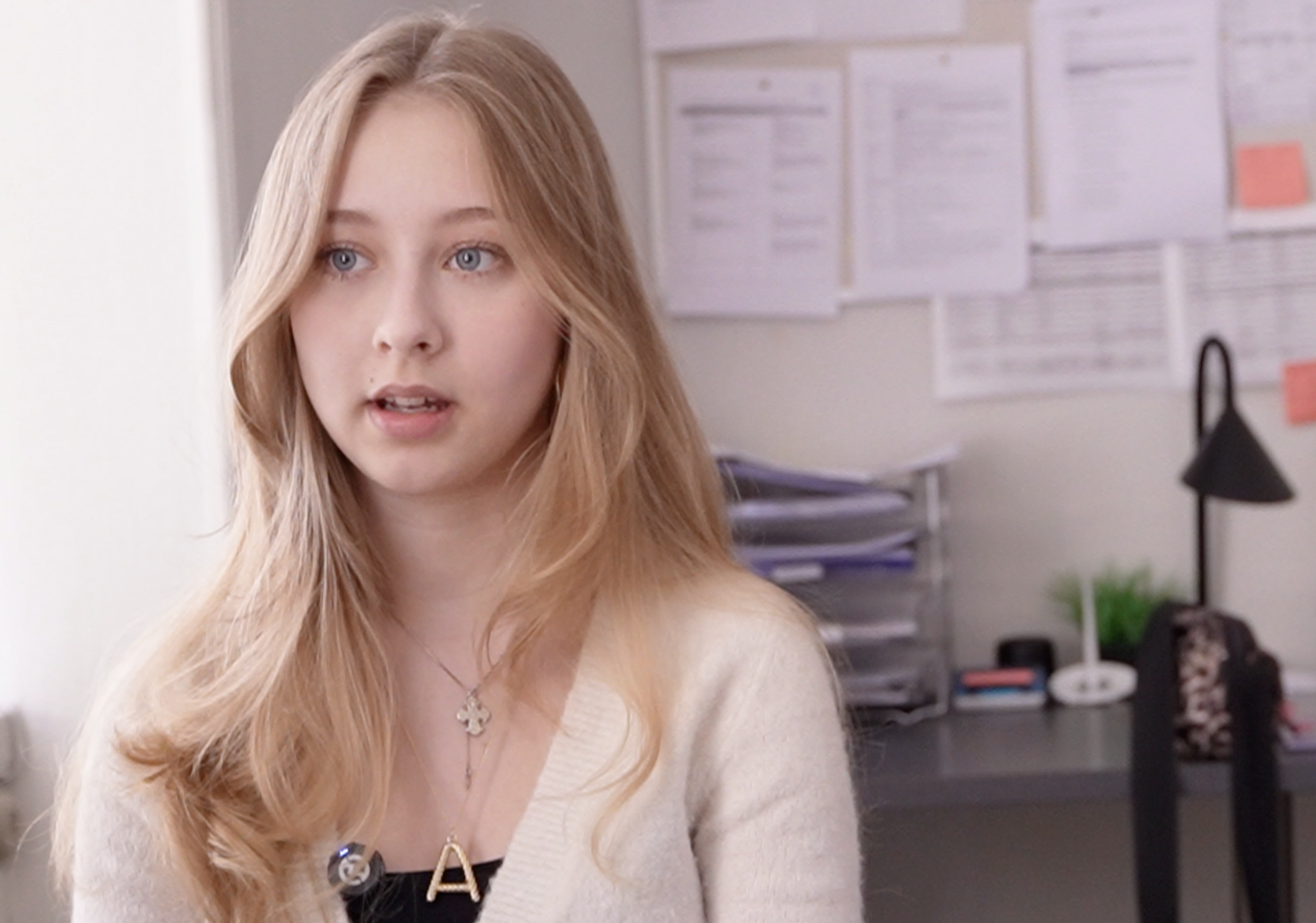
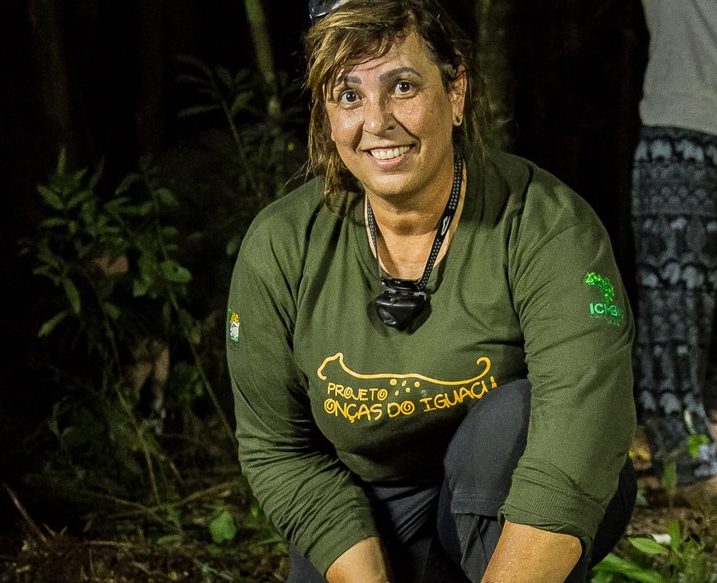

Você precisa fazer o login para publicar um comentário.